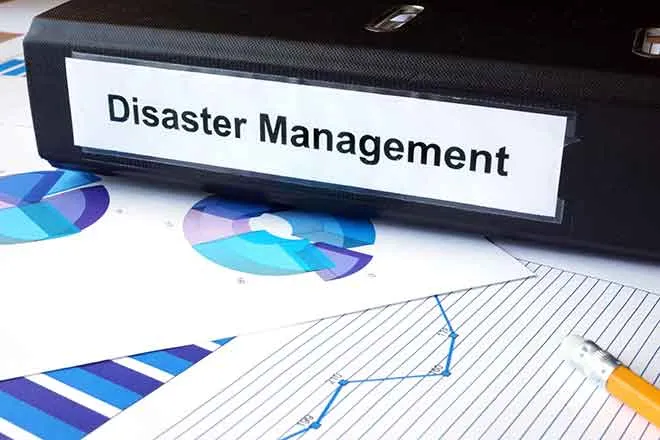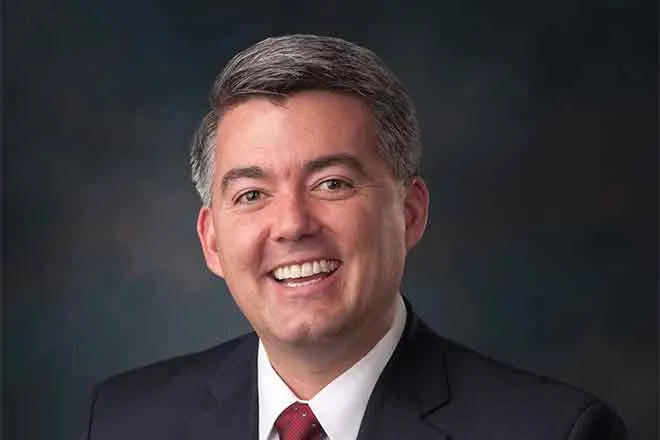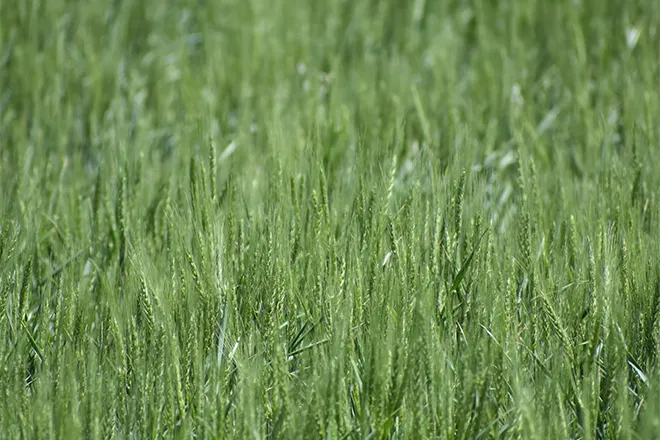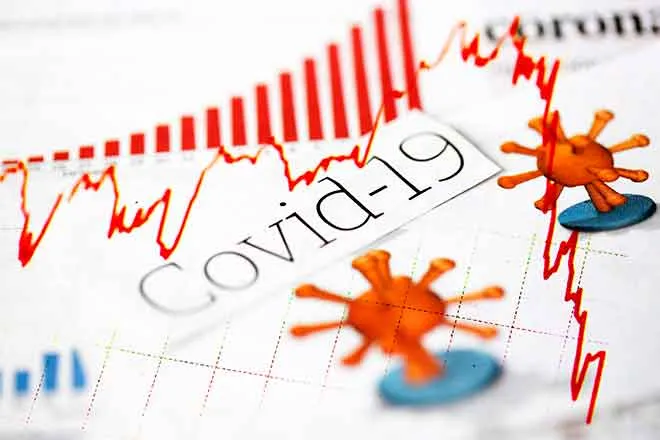
Denver’s marijuana tax revenue increased by 3 percent last year
(The Center Square) – Denver’s tax revenue from marijuana sales increased 3 percent in 2021 to $72.4 million, according to the city’s annual marijuana tax report.
The figures come as Colorado’s marijuana industry is facing a slowdown. So far this year, more than $759 million of marijuana has been sold in Colorado compared to the $962 million sold around the state in the first five months of 2021, according to data from the Colorado Department of Revenue.
Overall marijuana sales in Denver are down despite the increased tax revenue, with more than $167 million sold so far in 2022 compared to over $222 million sold between January and May 2021.
Marijuana sales in the city and county are subject to multiple taxes depending on whether a sale was for recreational or medical use. Medical marijuana sales carry an 8.8 percent total tax rate, which is made up of a 4.8 percent Denver sales tax, the state’s 2.9 percent sales tax, and a 1.1 percent local tax that benefits transportation and cultural projects.
Recreational marijuana, on the other hand, is subject to four taxes and carries a total tax rate of more than 26 percent, according to the report. Recreational sales are subject to the standard sales tax as well as a 5 percent special sales tax, a 15 percent state sales tax, and the 1.1 percent transportation and cultural projects tax.
Denver's total tax revenue from marijuana sales last year included more than $24 million from recreational sales and $9.8 million from medical sales. The city’s special sales tax also brought in more than $17 million.
These funds are compiled in Denver’s general fund and are then redistributed to support marijuana enforcement, education, and additional regulation programs, according to the report.
In 2022, Denver anticipates it will collect more than $85.7 million from marijuana taxes, with more than half of that total coming from the city’s special and standard sales taxes.
It also anticipates dedicating more than $48 million of that total to education, enforcement, and regulation efforts. Another $28 million is expected to be spent on increasing affordable housing and decreasing homelessness.

















